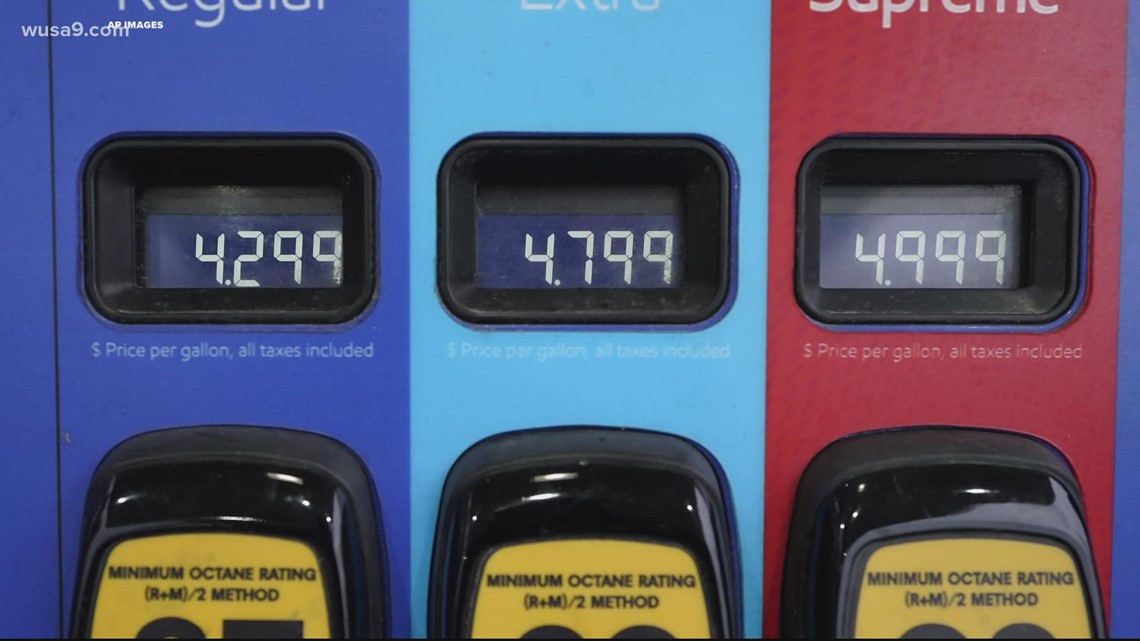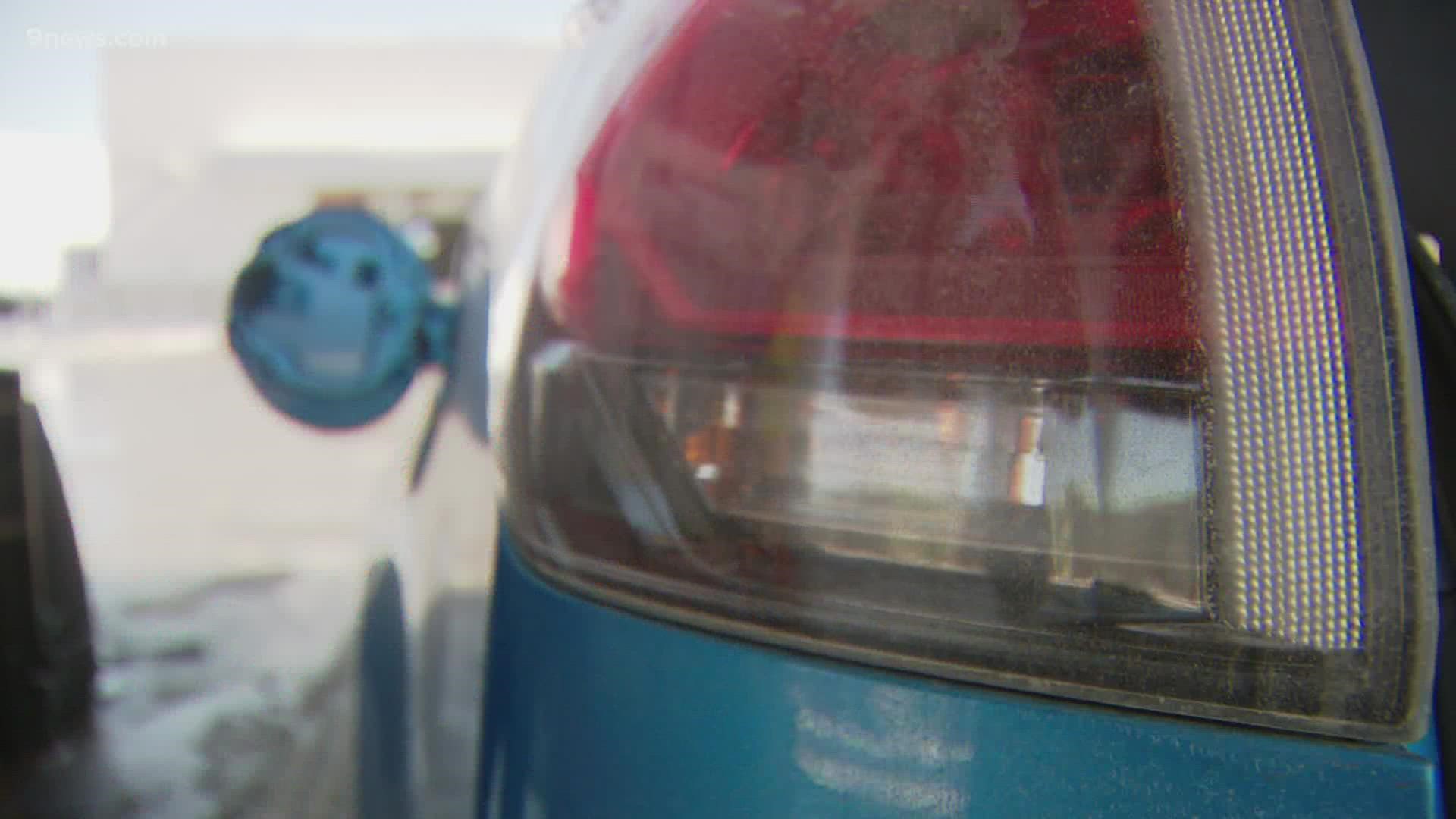DENVER — Colorado is closing in on $4 a gallon gas, but drivers here don’t focus on that number. They tend to start making adjustments much earlier -- at $3.75.
Sixty-four percent of Coloradans surveyed begin making changes to their driving habits when gas hits $3.75 a gallon, according to AAA Colorado.
“At that $3.75 and that $4.00 mark, drivers are thinking about fuel every time they get in the car,” spokesman Skyler McKinley told 9NEWS.
Average gas prices in Colorado were hovering around $3.85 Tuesday, expected to hit $3.90 by Wednesday morning and could top $4.00 by the end of the week, McKinley said.
But the awareness of gas prices influences driver behavior. Some may start combining errands into one trip. Others may cancel road trips in response.
Some may consider other modes of transportation.
“Some Americans might say you know what, now’s a great time for me to try out the bus. Now’s a great time to try out biking to work,” McKinley said.
The Regional Transportation District (RTD) said it has studied whether the prices of gas has a direct correlation to ridership numbers.
“Correlation does not equal causation,” RTD public relations specialist Laurie Huff wrote in an e-mail to 9NEWS. “Intuitively, it makes sense that ridership should increase when gas prices go up, but there are so many factors affecting ridership that it is difficult to arrive at a direct correlation.”


“It is more complicated than gas prices. Factors affecting the answer include seasonality, weather, service levels and the opening of new lines, for example.”
During 2008, when gas prices set a record topping $4 a gallon in the summer, RTD did see an increase in ridership, at the time setting a record for yearly ridership, local media reported at the time. The boardings declined sharply when gas priced plummeted that fall and winter. But Huff said the idea that gas prices and ridership are interrelated was gutted in 2014, when gas prices went down and ridership remained steady.
“RTD has been unable to attribute a direct correlation between gas prices and ridership and has seen just the opposite in some cases,” Huff wrote. “On a longer-term basis, gas prices have risen but overall ridership for transit agencies has trended downward.”
But 2022 could prove to be a different kind of experiment for that theory.
“I actually think this is a very interesting time in the history of Colorado to have these high prices because we’ve urbanized a lot since 2008,” McKinley said, “So there are now transportation options that weren’t there in 2008.”
RTD has added many lines, including train service to Denver International Airport, Aurora, Wheat Ridge and Arvada and a bus rapid transit line to Boulder.
Many cities in the metro area have added better bike infrastructure and walkability improvements, though there is still much work to be done.
“The region lacks to some degree in first mile last mile connectivity… but if you want to try taking the bus I think you’ll find its much more convenient than it was this time in 2008,” McKinley said.
SUGGESTED VIDEOS: Full Episodes of Next with Kyle Clark

